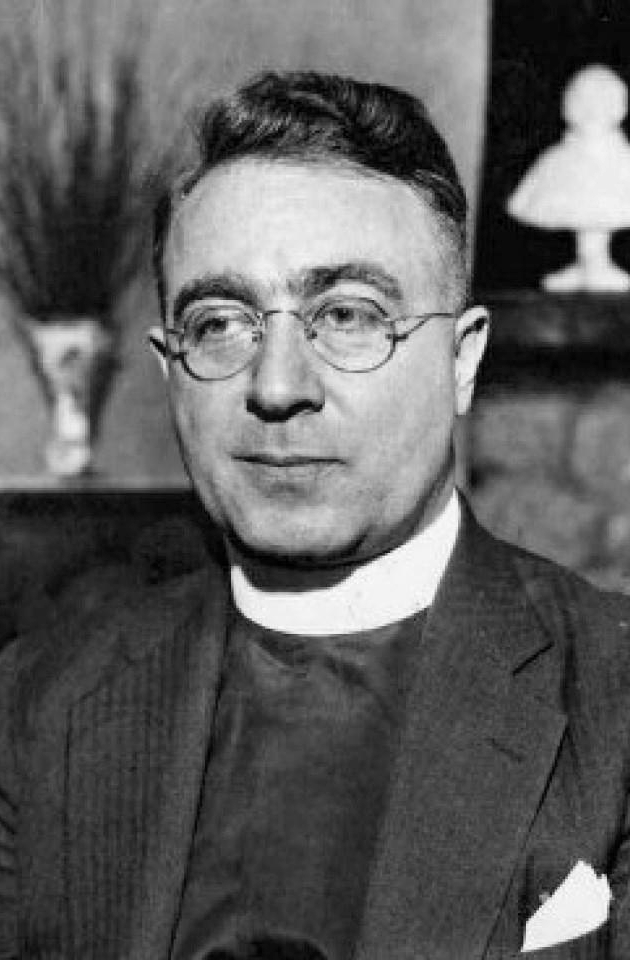By Bill Kovarik
Published in The Conversation, Jan. 15, 2021
Creative Commons license for non-profit republication.
In speeches filled with hatred and falsehoods, a public figure attacks his enemies  and calls for marches on Washington. Then, after one particularly virulent address, private media companies close down his channels of communication, prompting consternation from his supporters and calls for a code of conduct to filter out violent rhetoric.
and calls for marches on Washington. Then, after one particularly virulent address, private media companies close down his channels of communication, prompting consternation from his supporters and calls for a code of conduct to filter out violent rhetoric.
Sound familiar? Well, this was 1938, and the individual in question was Father Charles E. Coughlin, a Nazi-sympathizing Catholic priest with unfettered access to America’s vast radio audiences. The firms silencing him were the broadcasters of the day.
As a media historian, I find more than a little similarity between the stand those stations took back then and the way Twitter, YouTube and Facebook have silenced false claims of election fraud and incitements to violence in the aftermath of the siege on the U.S. Capitol – noticeably by silencing the claims of Donald Trump and his supporters.
A radio ministry
Coughlin’s Detroit ministry had grown up with radio, and, as his sermons grew more political, he began calling President Franklin D. Roosevelt a liar, a betrayer and a double-crosser. His fierce rhetoric fueled rallies and letter-writing campaigns for a dozen right-wing causes, from banking policy to opposing Russian communism. At the height of his popularity, an estimated 30 million Americans listened to his Sunday sermons.





 Revolutions in Communication
Revolutions in Communication Mass Media & Environmental Conflict
Mass Media & Environmental Conflict